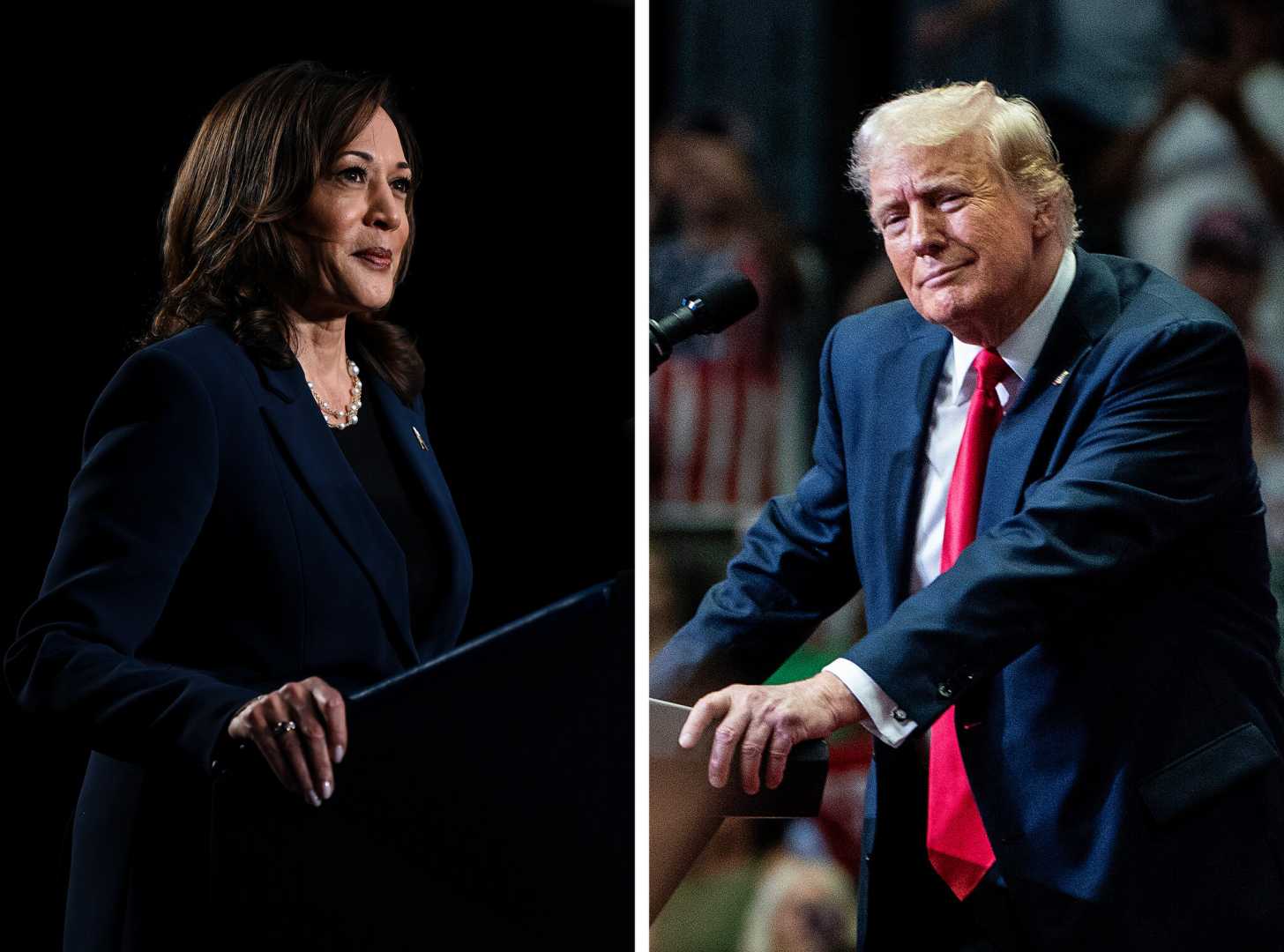News
Kamala Harris Leads Tight Race Against Donald Trump as Early Voting Underway

The United States is gearing up for its presidential election, scheduled for November 5, with early voting already underway in several states, including key battlegrounds like North Carolina and Georgia. The race sees Democratic Vice President Kamala Harris and Republican former President Donald Trump competing to win over undecided voters in this crucial time.
While the popular vote itself does not directly decide the presidency, it determines the electors who will represent each state in the Electoral College, responsible for selecting the president. To achieve victory, a candidate must secure 270 out of the 538 available electoral votes. These votes are allocated among states based on population.
Currently, according to various polls, Kamala Harris holds a slight lead over Donald Trump by 2.4 percentage points nationally. In an unexpected turn of events earlier this year, President Joe Biden withdrew from the presidential race in July, endorsing Harris as his candidate of choice. Since Biden’s endorsement, Harris has experienced a rise in support.
The race remains competitive, with poll analyses from FiveThirtyEight indicating that Harris is projected to win 54 out of 100 times, whereas Trump is expected to win 46 out of 100 times.
Swing states like Arizona, Georgia, Michigan, Nevada, North Carolina, Pennsylvania, and Wisconsin are particularly crucial in this electoral battle. States such as Georgia and Arizona demonstrated a shift in the 2020 election when Georgia flipped from Republican red to Democratic blue for the first time in decades, and Democrats narrowly won Arizona by 0.3 percentage points.
The Electoral College comprises a total of 538 votes, and achieving at least 270 is necessary for a win. Various state combinations might result in a tie of 269 votes per candidate, although this scenario is unlikely. In such a case, the US House of Representatives would decide the election, with each state delegation casting one vote. A simple majority in the Senate, 51 votes, would be required to choose the vice president.
Election polls attempt to gauge the population’s voting intention through sampling methods, often conducted by phone or online. These polls have historically faced criticism for inaccuracy, particularly following the 2016 and 2020 elections when pollsters underestimated the Republican vote. Missteps have been attributed to factors like nonresponse bias and unexpected voter turnout levels, which significantly deviated from predictions, such as the higher-than-expected turnout in 2020.
The polls tracking this year’s race indicate that the margin of difference between Harris and Trump often falls within the typical margin of error, suggesting a neck-and-neck competition as Election Day approaches.












